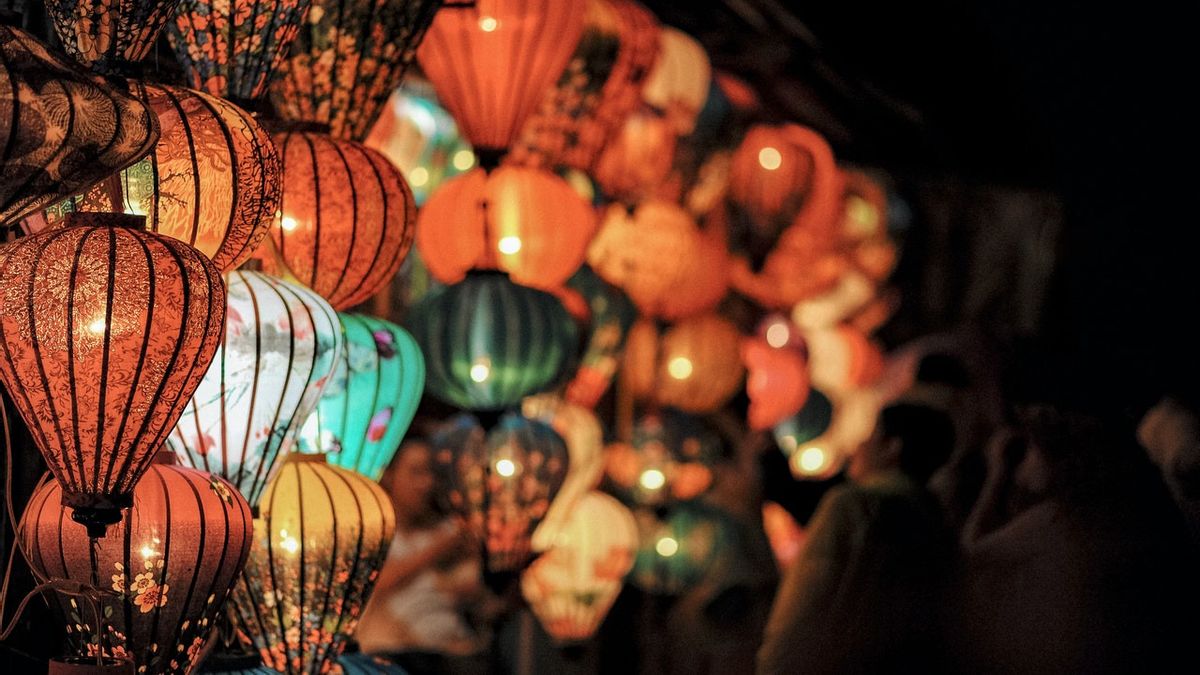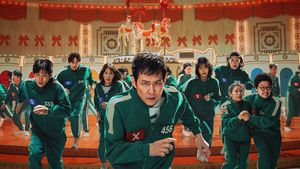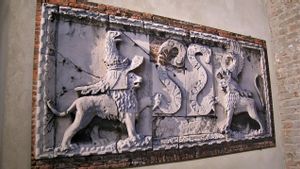JAKARTA - This year's Chinese New Year falls on Friday, February 12, 2021. Usually, Chinese people pray and carry out a hereditary tradition that is believed to bring blessings throughout the year.
After celebrating Chinese New Year, 15 days later, they will again gather with their families to welcome Cap Go Meh. Cap Go Meh is the closing day of the Chinese New Year.
The term Cap Go Meh comes from the Hokkien dialect which literally means 15 nights or days after Chinese New Year. In per word, Cap means ten, Go is five, and Meh is night.
Apart from Indonesia, the Cap Go Meh celebration or the lantern celebration was also celebrated in Malaysia and Singapore. In China, the Cap Go Meh Festival is known as the Yuanxiao Festival or the Shangyuan Festival.
This is a celebration done to honor the Thai God Yi. The Thai God Yi was considered the highest god in the sky during the reign of the Han Dynasty (206 BC-221 AD).
Previously, Cap Go Meh was only done specifically for the court and was not intended for ordinary people. This festival is held at night and is very synonymous with the ceremony of releasing lanterns into the air.
This ritual is believed to be a symbol of letting go of bad luck and welcoming good fortune in the future. This celebration finally began to be widely recognized by the public after the end of the Han Dynasty.
Unlike the Chinese New Year which is celebrated by visiting a temple to say a prayer, during the Cap Go Meh, the Chinese people come to the temple carrying offerings in the form of Chinese basket cakes and praying to give their gratitude and ask for safety.
Then, proceed to watch the Barongsai and Liong attractions in the afternoon. The Barongsai attractions must be done while setting off firecrackers because firecrackers are believed to be able to expel negative energy and will clean all locations that the Barongsai passes.
The lion dance is a symbol of happiness, joy, and well-being. While the Liong or dragon is considered a symbol of power or strength. According to the beliefs of the Chinese community, their family will be extended if their child is born in the Year of the Dragon.
Furthermore, at night, the festival ends by gathering at home with the family to remove the lanterns or if you want to be more solemn, you can visit the temples to carry out the release procession while being led by a monk or Xue Shi (Confucian Priest).
The English, Chinese, Japanese, Arabic, and French versions are automatically generated by the AI. So there may still be inaccuracies in translating, please always see Indonesian as our main language. (system supported by DigitalSiber.id)













